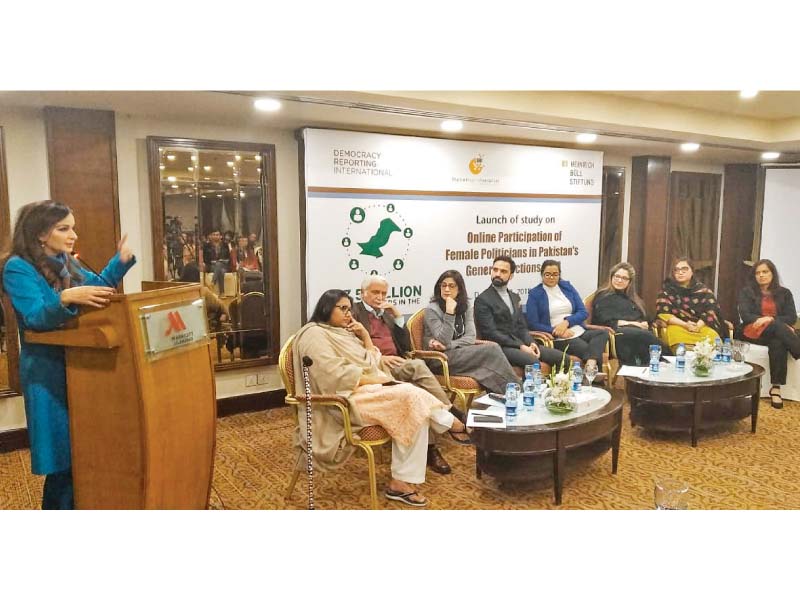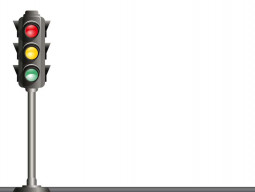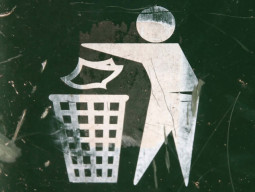
One senior politician, who had only hours ago faced a maelstrom of abuse and trolling, shared her experience as a report on the abuse female politicians faced during this year’s election was launched.
The report, “Online Political Participation of Female Politicians in Pakistan’s General Election 2018” by the Digital Rights Foundation (DRF) and supported by Heinrich Boll Stiftung Pakistan (HBS), was launched during a seminar in the federal capital on Friday.
The event had been organised in partnership with Democracy Reporting International (DRI).
Pakistan Peoples Party (PPP) Senator Sherry Rehman had faced a torrent of abuse online after coverage of her press conference on the government’s use of ordinances instead of laws passed by the parliament in the presence of an elected assembly was mocked by the federal information minister.
“Having come from a brutal encounter from Twitter last night, we saw a male political leader trying to politically wound me through my gender,” Rehman stated of the incident adding that while she saw a torrent of abuse, she also saw people sticking up for her and engaging trolls in “intellectual dogfights”.
She highlighted the need for drafting ‘rules of engagement’ with regards to social media and conduct. She also urged leaders of political parties to lead by example.
“Party leadership has to lay down the law regarding statements that demean women; degrading other women demeans us all,” she stated.
“I didn’t feel particularly powerless or victimised and I do not feel like I am vulnerable but there are others who are,” Rehman pointed out, noting that “The bias that Twitter reports is a reality for women.”
Pointing to the report’s findings, DRF Executive Director Nighat Dad said that “online spaces are emerging as a space for political engagement, but the experience of female politicians is qualitatively different and is marked by sexist and abusive comments online.”
“We have seen that election activities on social media are wholly unregulated and not subject to the Election Commission of Pakistan’s Code of Conduct.”
Former PPP senator Farhatullah Babar echoed this by stating that it was time that the ECP revisit its code of conduct for media and include the use or misuse of social media in it.
Report
The report analysed social media activity of around 43 female politicians from seven parties and three prominent male politicians — including Pakistan Tehreek-e-Insaf (PTI) Chairman Imran Khan, Pakistan Muslim League-Nawaz (PML-N) President Shahbaz Sharif, and PPP Chairman Bilawal Bhutto Zardari.
Based on 216,849 Facebook comments directed at the women politicians and 843,943 comments directed at three male politicians, it was seen that women were much more likely to receive objectifying, personal, sexualised and sexist comments.
Published in The Express Tribune, December 8th, 2018.

















COMMENTS
Comments are moderated and generally will be posted if they are on-topic and not abusive.
For more information, please see our Comments FAQ